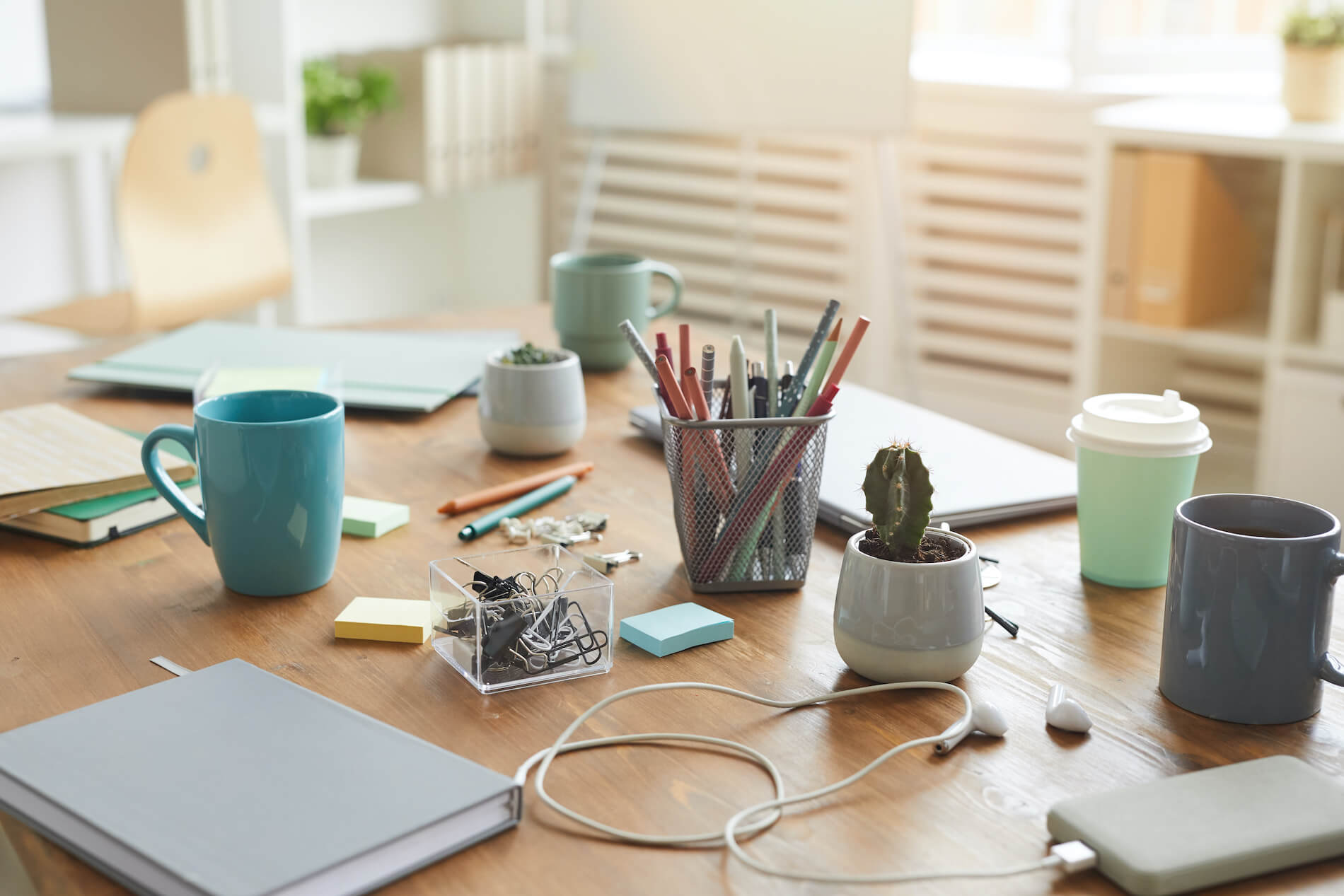
There is a huge connection between clutter and mental health. A cluttered environment can cause stress, anxiety, and even depression. It can also be a trigger for people with OCD or other mental health conditions.
Self-care is important, and decluttering your space is a great way to start. If you’re not sure where to begin, try starting with one small area. You don’t have to do it all at once! Just take it one step at a time.
What is clutter?
Clutter is anything that doesn’t bring you joy or isn’t essential to your everyday life. It can be physical (like clothes, books, or dishes) or mental (like thoughts, memories, or worries).
With things like Prime free delivery and messaging focused on getting you to buy buy buy, it is easy to accumulate a lot of extra and unnecessary things. According to a study, the average person spends about $300 per year on things they don’t need and will never use.
How does clutter affect mental health?
Too much clutter can be overwhelming and cause stress. It can also be a trigger for people with OCD or other mental disorders. A cluttered environment can make it difficult to focus and be productive. It can also lead to feelings of anxiety and depression. If we take the time to understand exactly how clutter can affect our mental health it can be a huge motivator to begin decluttering.
Clutter can have a negative impact on mental health in several ways:
1. Clutter can be physically overwhelming.
When we’re constantly surrounded by things, it can be hard to relax or even think straight. Clutter has been shown to have a direct affect on our stress levels. These increases in stress are particularly dangerous as stress can lead to anxiety, depression and even high blood pressure. As clutter creates stress, it tends to make you feel overwhelmed and out of control.
2. Clutter can be emotionally draining.
Seeing all of the things you haven’t used in years (or maybe even decades) can be a reminder of missed opportunities or unmet goals. This can lead to feelings of sadness, regret, or even shame. It can also make us cranky: things constantly in your way are bound to cause you frustration.
3. Clutter can be a distraction.
It’s hard to focus on what’s important when you’re constantly being bombarded with visual stimuli. Clutter can lead to negative feelings about yourself and your home. It can make you feel defeated and overwhelmed.
4. Clutter causes decision fatigue.
When you have too many things, it can be tough to decide what to keep and what to get rid of. This can lead to procrastination and inaction. It’s hard to know where to start when everything feels important. Even more concerning is the potential link between mental clutter and memory loss related to age.
5. Clutter makes you less efficient at processing visual information.
How quickly and accurately we process visual information decreases when we are surrounded by clutter. This means that not only is it harder to focus, but we are also more likely to make mistakes.
6. Clutter can lead to social isolation.
When we’re constantly surrounded by things, it can be hard to invite people over or even entertain guests. We might worry about what other people will think of our cluttered space. This can lead to feelings of embarrassment and shame, which can cause us to withdraw from social situations.
What are some benefits of decluttering?
There are many benefits to decluttering, both mental and physical.
Mentally, decluttering can reduce stress and anxiety, improve focus and productivity, and boost your mood. It can also give you a sense of control over your life and help you to let go of negative memories or experiences.
Physically, decluttering can create more space in your home, make it easier to clean, and help you to save money. It can also lead to better sleep and improved overall health.
What are some ways to declutter?
There are a few different ways you can declutter your space:
1. Donate or sell items you no longer need or want.
2. Recycle or throw away anything that is broken or unusable.
3. Organize your belongings so that they are easy to find and put away.
4. Create a schedule for decluttering so that it doesn’t become overwhelming.
5. Simplify your life by reducing the number of possessions you have.
6. Live minimally by only keeping things that bring you joy or are essential to your everyday life.
Are you ready to declutter your life? Start with one small area and take it one step at a time. You’ll be surprised at how much better you’ll feel!

Door to door: Bliss Delivered
How it Works
Free downloads
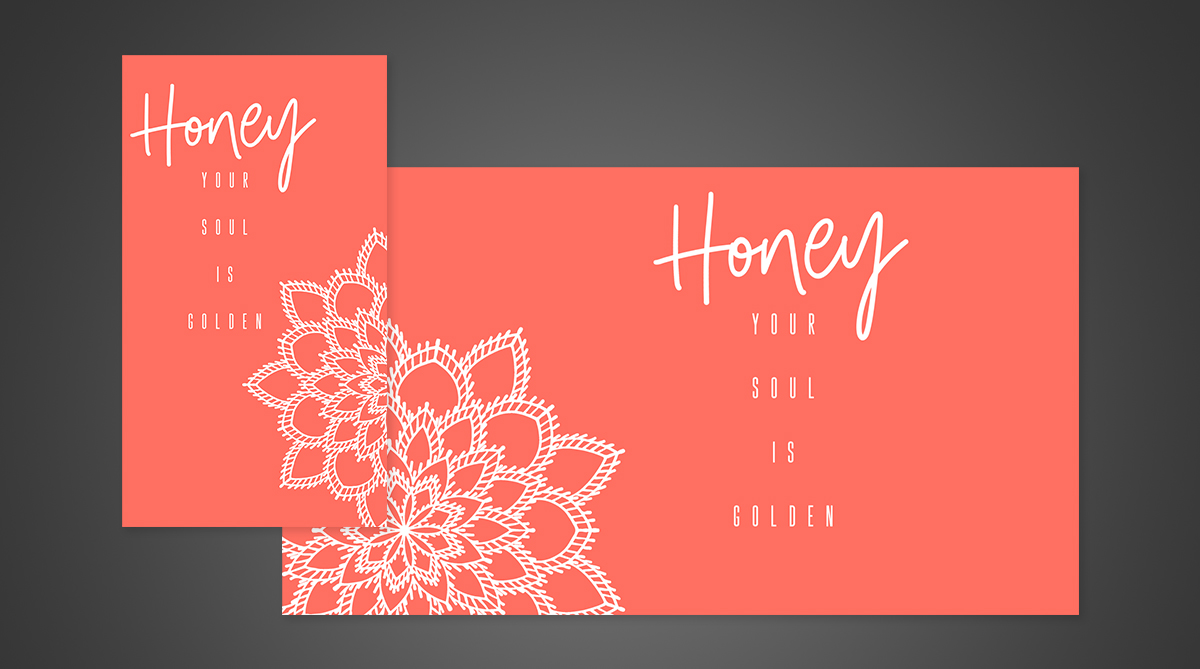
What's in the mail
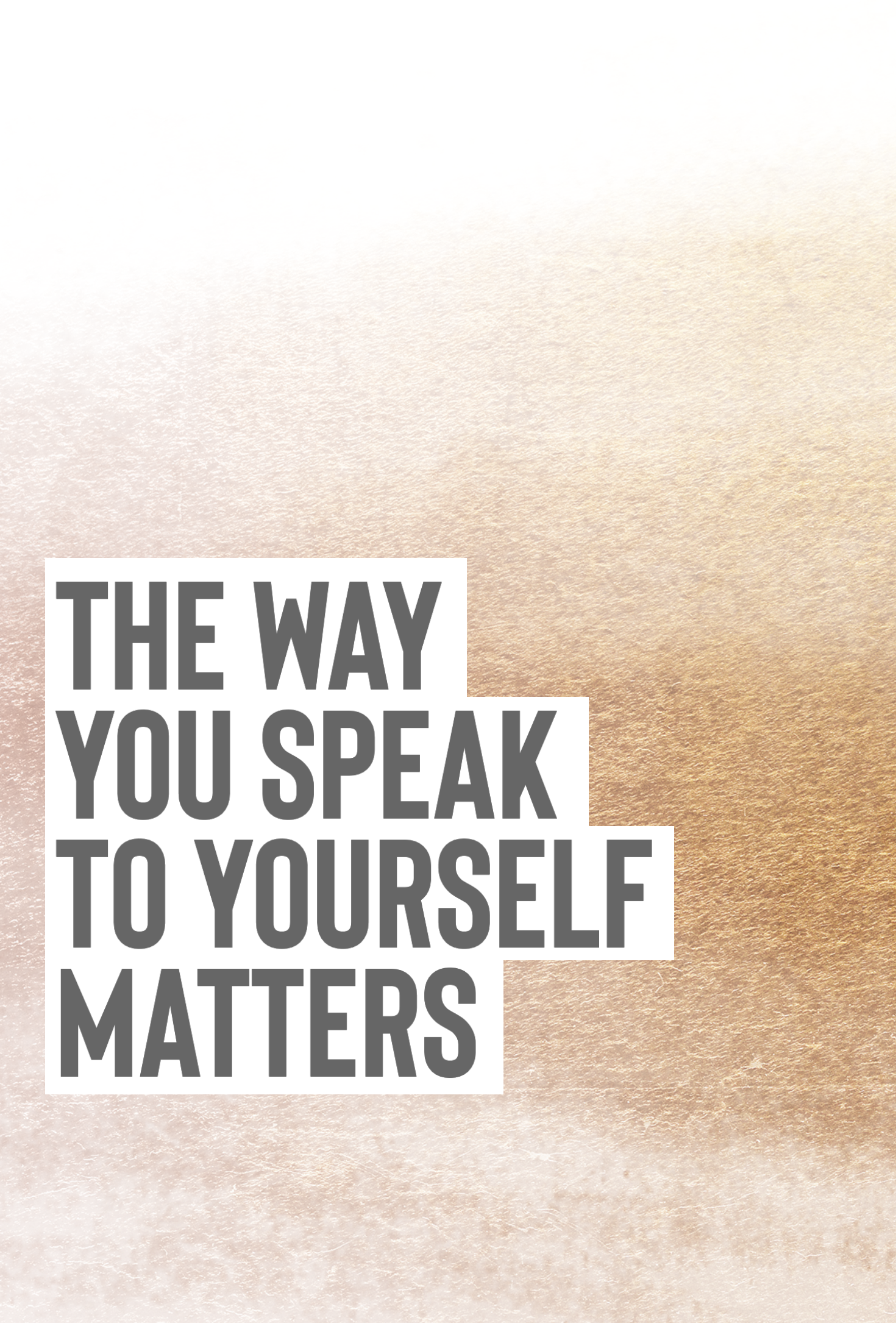
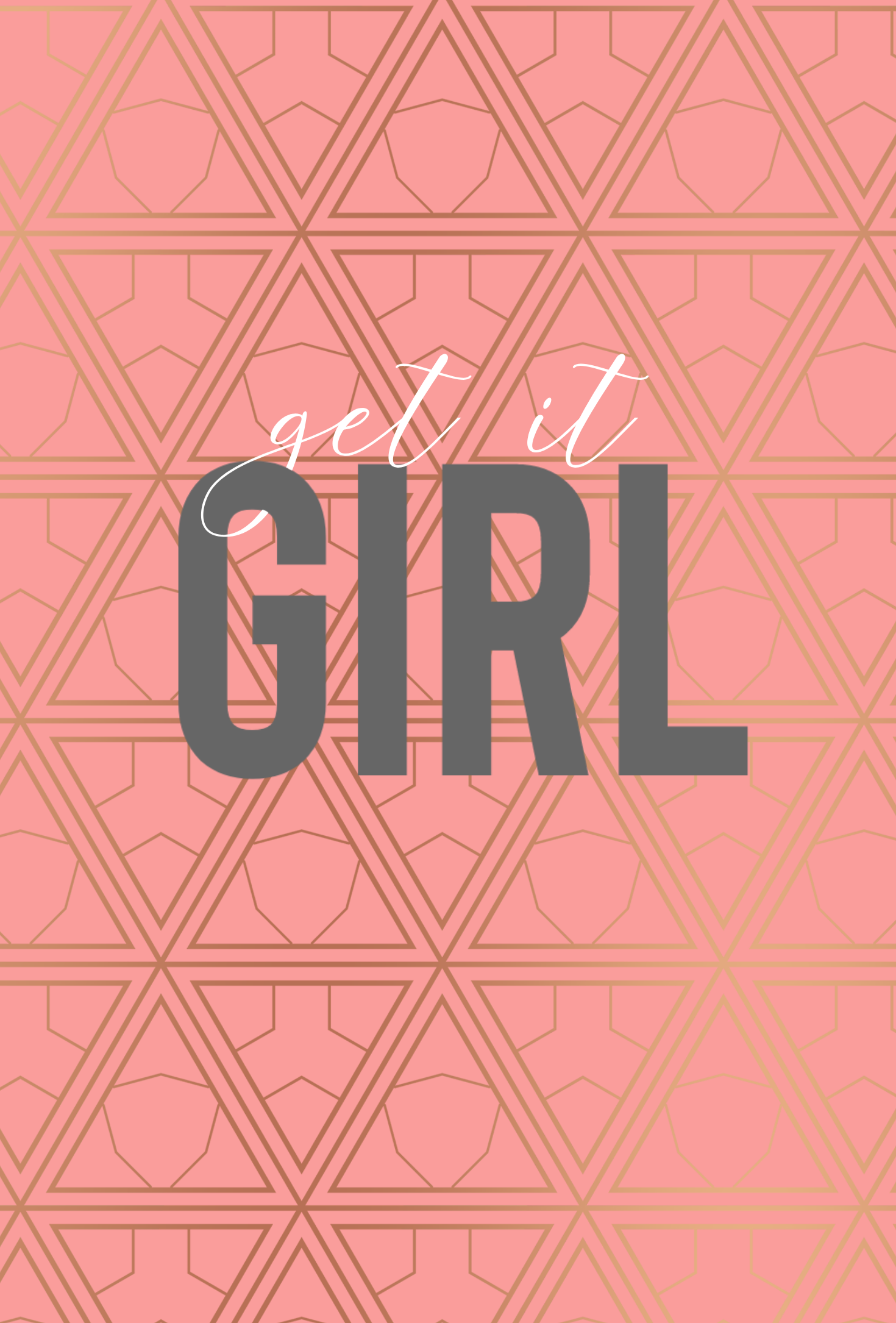
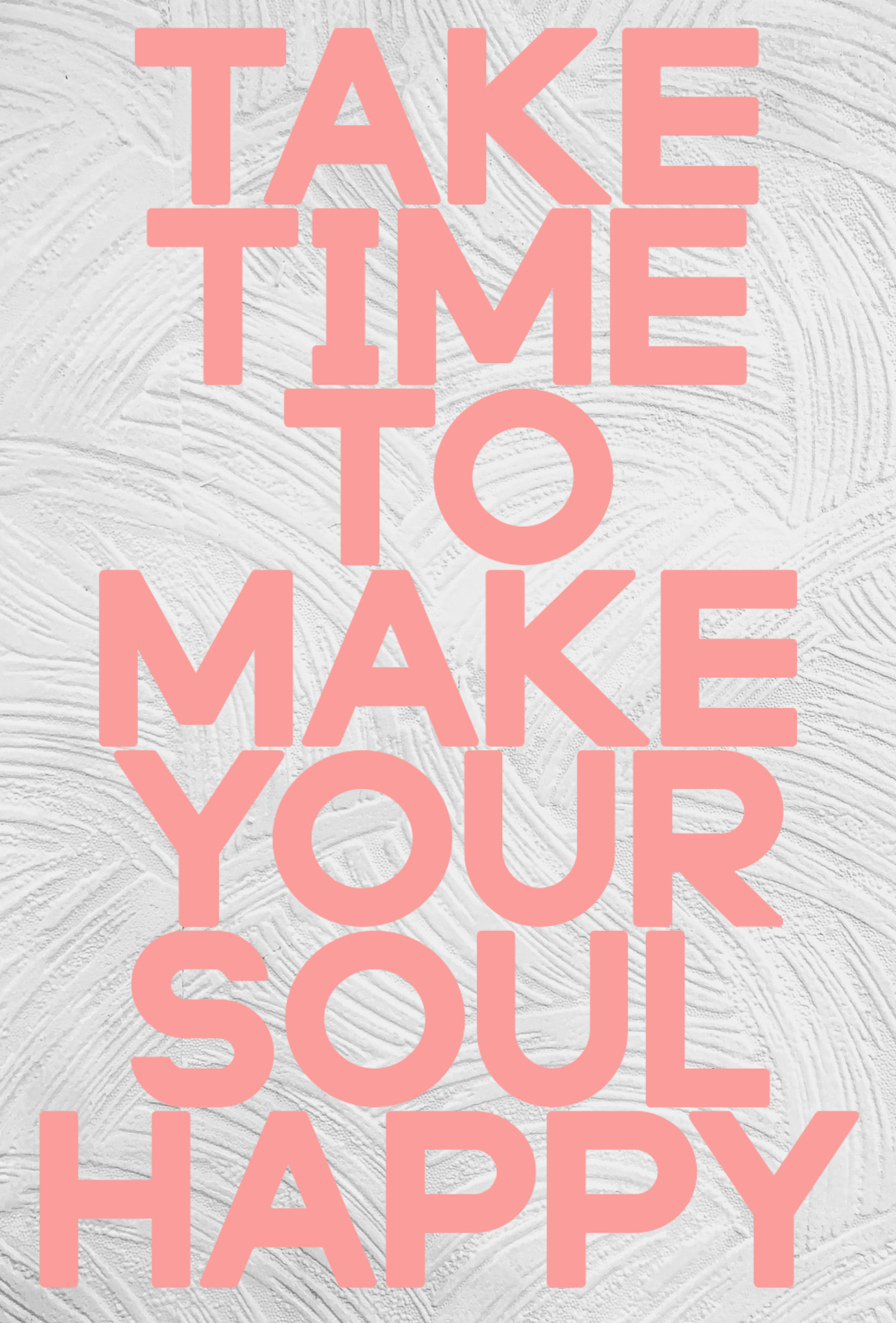
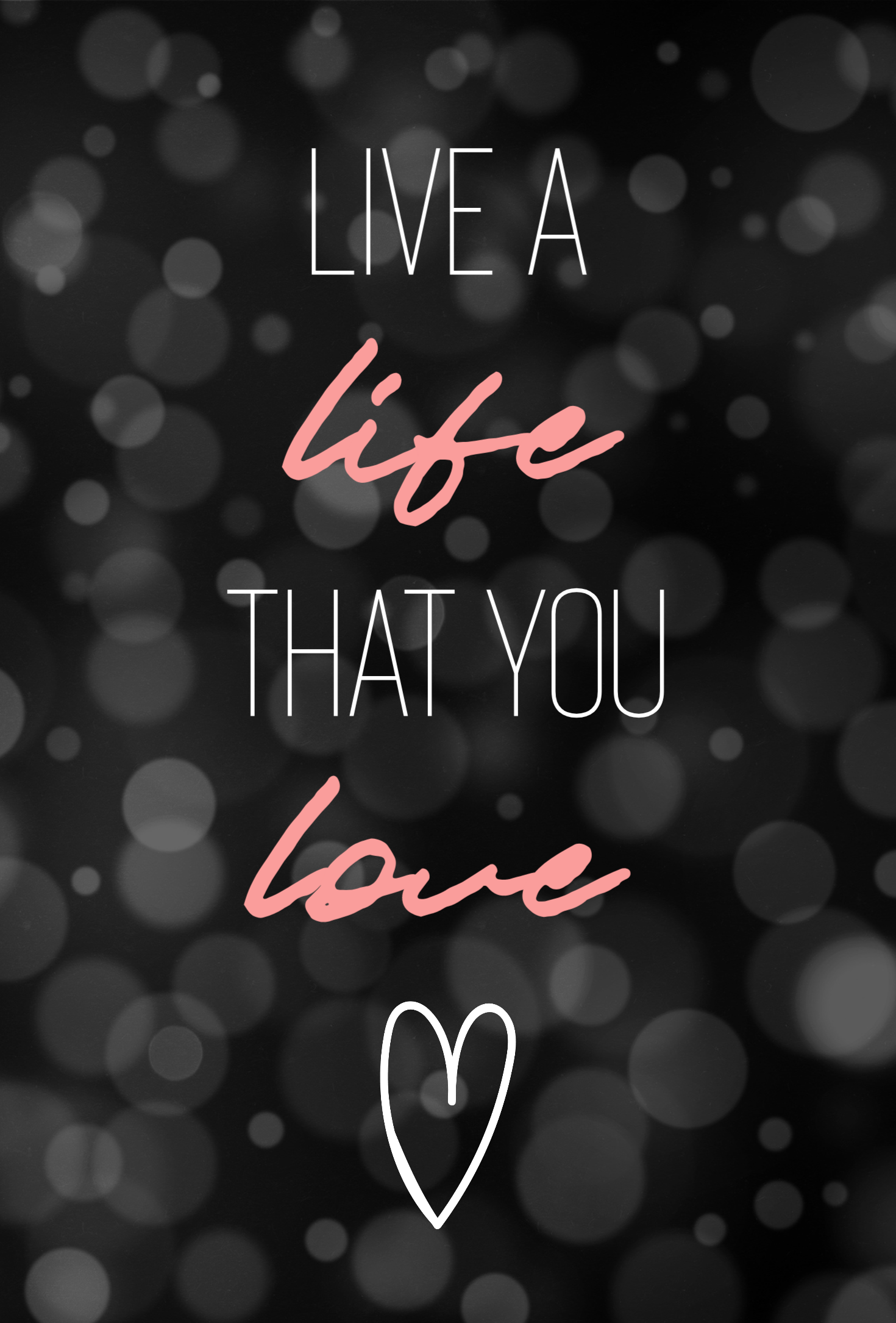
From positive messages to tips & tricks to attack your daily life. It's all there and it is all absolutely free!
